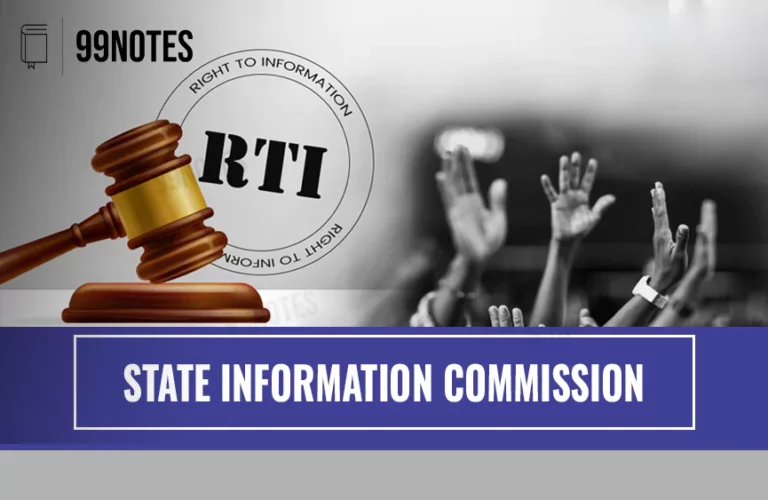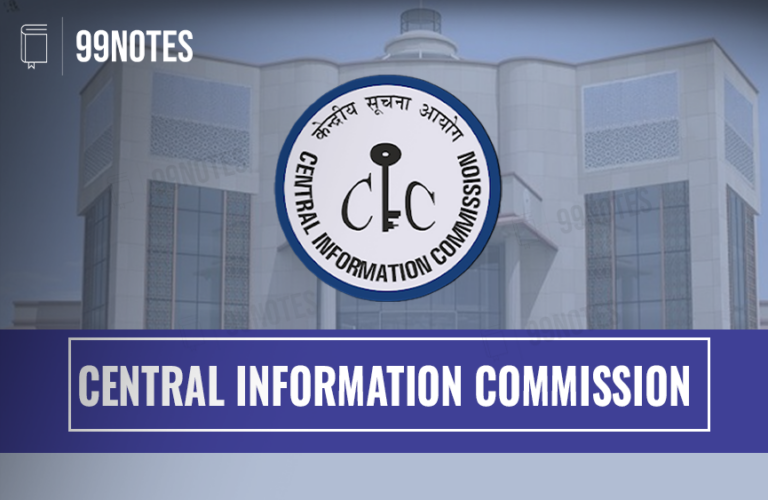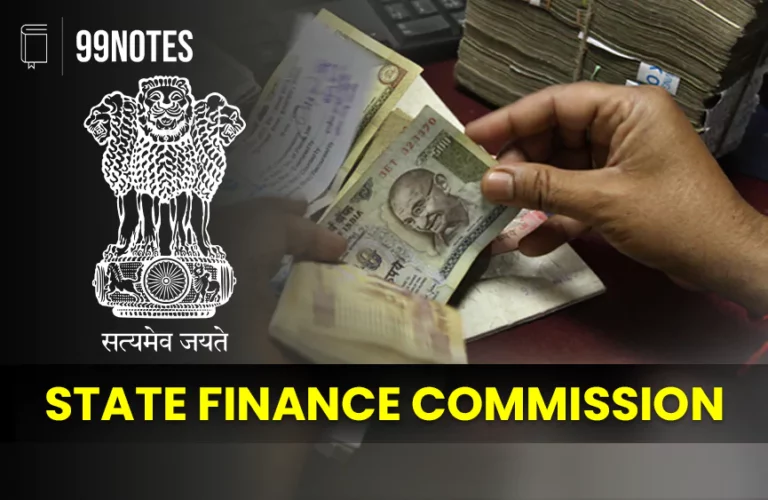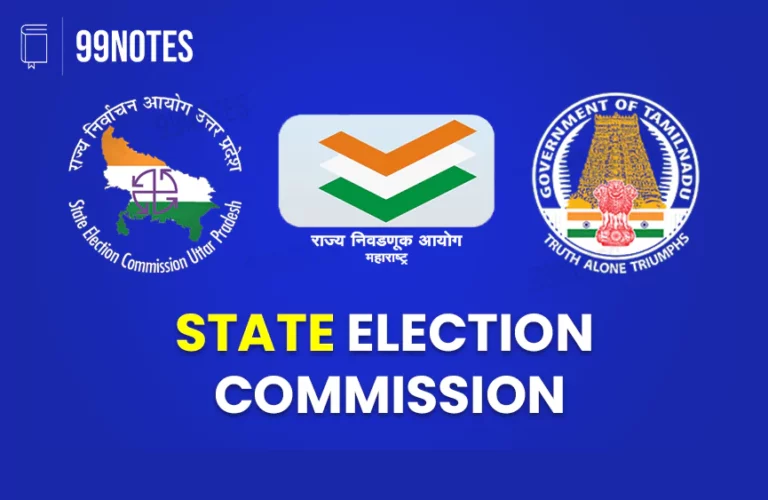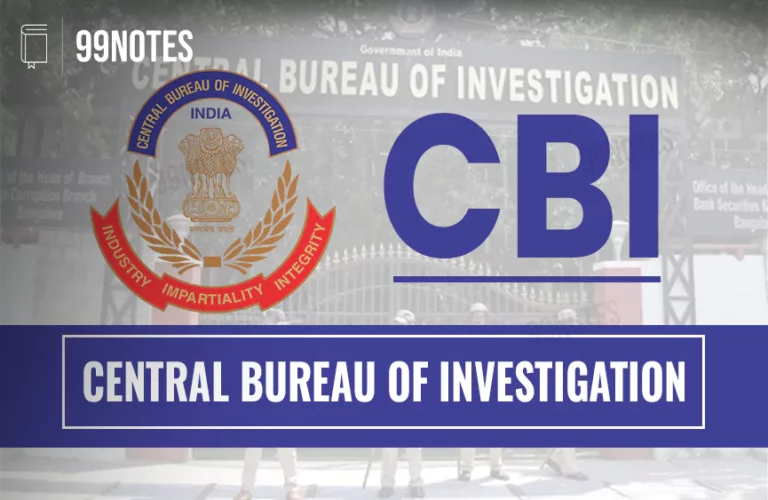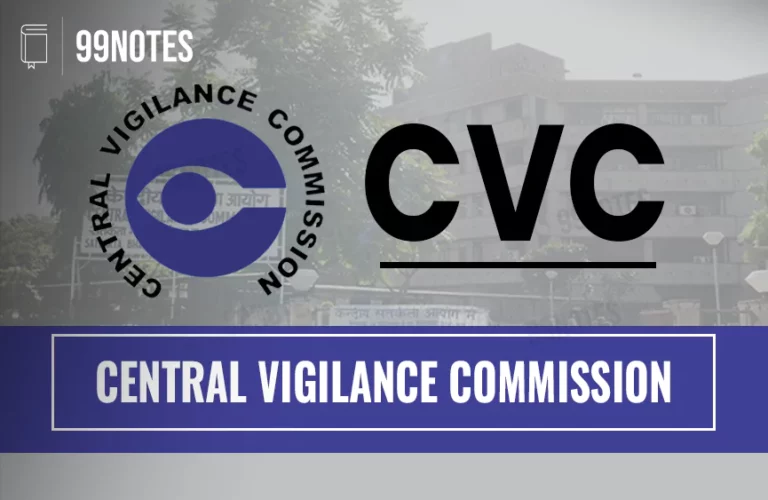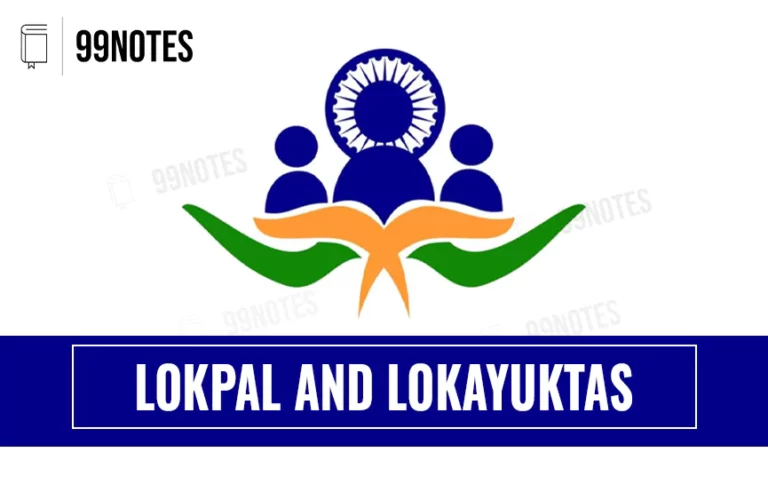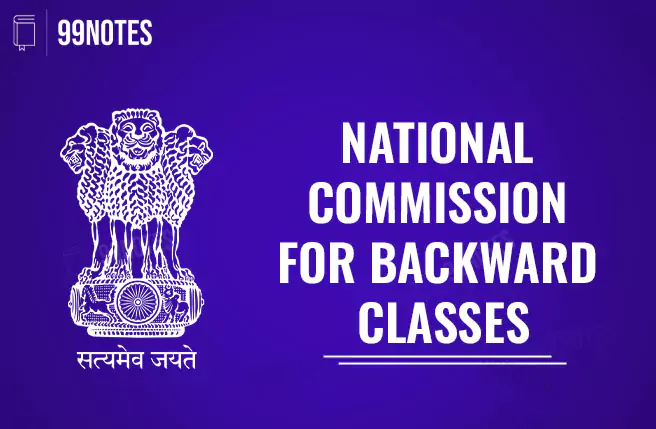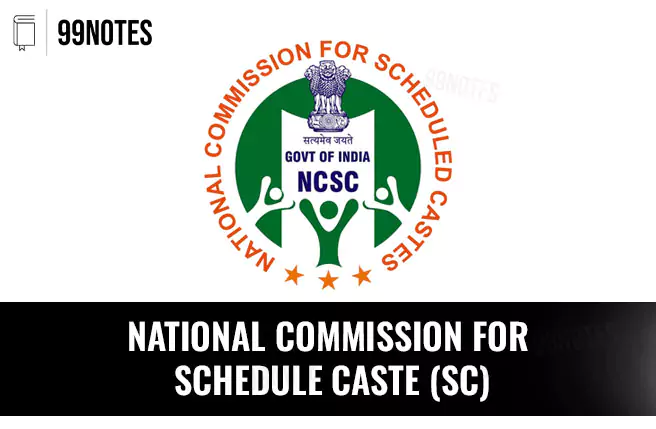State Information Commission UPSC Notes
State Information Commission The Right to Information Act, 2005, besides the Central Information Commission, also provides for the State Information Commission. It has been mandated to act upon the complaints and appeals under the act against public information officers in offices, financial institutions, and Public sector undertakings under the concerned state government. Besides, the Commission…

